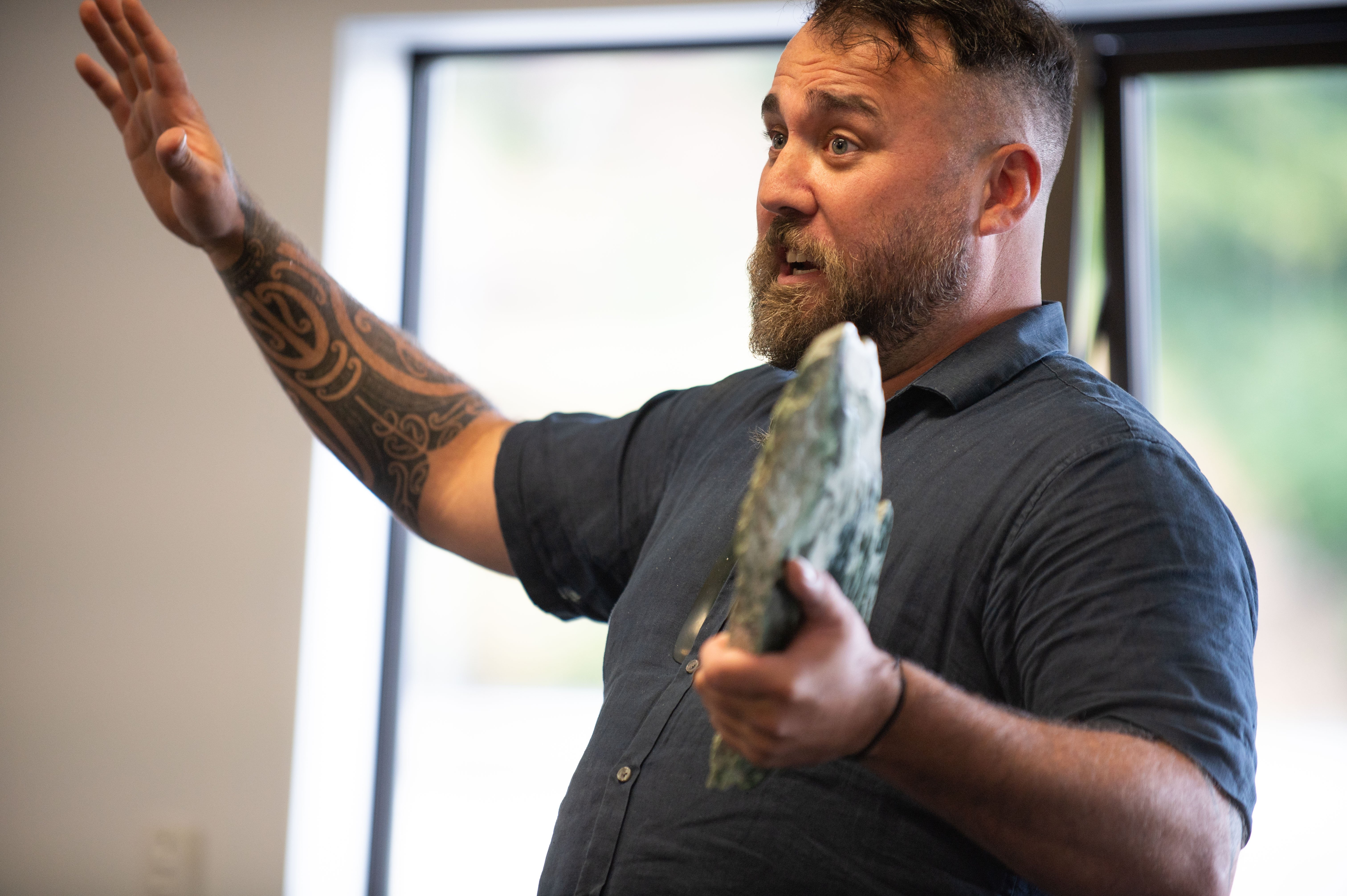
The planting of more than 500,000 native trees on the former Coronet Forest site began two weeks ago.
A crew of workers from iwi-owned conservation charity Te Tapu o Tāne will continue planting the trees every autumn and spring for the next three to four years.
Most of the 200ha site, owned by the Queenstown Lakes District Council, was previously a Douglas fir plantation that was logged between 2020 and 2023.
Speaking at the launch of Project Tohu in Queenstown yesterday, Te Tapu o Tāne chief executive Jana Davis said the "visionary" project was an opportunity for every person involved to continue working together and set more ambitious goals for environmental restoration in the district.
Council parks manager Dave Winterburn said it would create a "diverse and resilient ecosystem" to benefit future generations, in 50 or 60 years’ time, "when many of us won’t be here".
Council parks and open spaces planning manager Briana Pringle said about 150ha would be planted in trees, mostly mountain beech, with another 50ha of land above planted in alpine species.
Work was also under way on a 50km network of trails for walkers, mountain bikers, horse riders and paragliders.
The council was contributing $9.2 million to the project, which covered the planting and site preparation work, Ms Pringle said.
A 7km deer fence had been built around the site to keep out deer, goats and rabbits, while pest control and spraying of Douglas fir regrowth had been completed.
The whole area was an "active work site" that would remain closed to the public until the end of winter.
Mountain biking and conservation non-profit Tāhuna Ride and Conservation ($1.5m) and the Central Lakes Trust ($300,000) were funding the trail building, while the former would also pay for five years of track maintenance, she said.
The project’s other partners were Ngāi Tahu, Citycare Property and e3Scientific.
Coronet Forest was planted as a commercial joint venture between the council and Central Otago District Council between 1984 and 1996.
It was due to be harvested from 2029, but the council decided in 2017 to log it early after it became a major seed source for wilding pines infesting neighbouring land.












